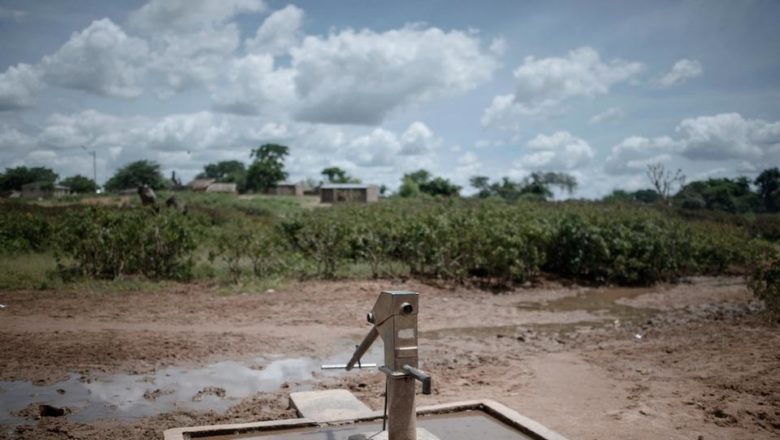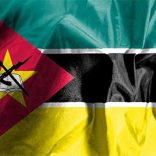Mozambique: Negotiations on debt-for-climate swaps are underway
Mozambique seeks $250m for nationwide water supply

File photo
The Mozambican Minister of Public Works, Housing and Water Resources, João Machatine has said water and sanitation sector projections indicate that his country needs to invest around $250 million annually to ensure water supply throughout the country in the next two and half years, APA can report on Thursday. The official said this represents an increase of about $100 million per year compared to the amount used to guarantee water supply over the last ten years and this is justified by the increase in population.
Preliminary results from the August 2017 population and housing census indicate that in Mozambique there 28.8 million inhabitants in the country now, an increase of 8 million people compared to 2007.
“Over the past 10 years, the country has invested about $ 1.5 billion to reduce levels of water supply shortages and the percentage of the population with access to safe drinking water is 55 percent.” Machatine told the opening of the joint meeting to evaluate the performance of the water sector.
According to the official, it recognized that water, sanitation and hygiene services are essential for the development of human capital and play a key role in achieving the well-being of the population.
“Without reliable access to quality water, people become vulnerable to various diseases,” he said.
For Machatine, the lack of safe sanitation and good hygienic behaviors increases the risk of occurrences of diseases and epidemics.
“With the advent of climate change, population growth, industrialization of the country, the promotion of agriculture and the contamination of groundwater, make water a non-renewable and exhaustible resource,” he said.
Last year, 3,000 drinking water sources were built in Mozambique, and the construction of 140 water supply systems is planned for the current year.
This meeting takes place in a year in which the country has been hit by an acute a water crisis resulting from a long dry spell to affect the entire southern African region.
As a result, during the first quarter of the year, the cities of Maputo, Matola and the town of Boane in southern Mozambique had access to water with restrictions.












Leave a Reply
Be the First to Comment!
You must be logged in to post a comment.
You must be logged in to post a comment.